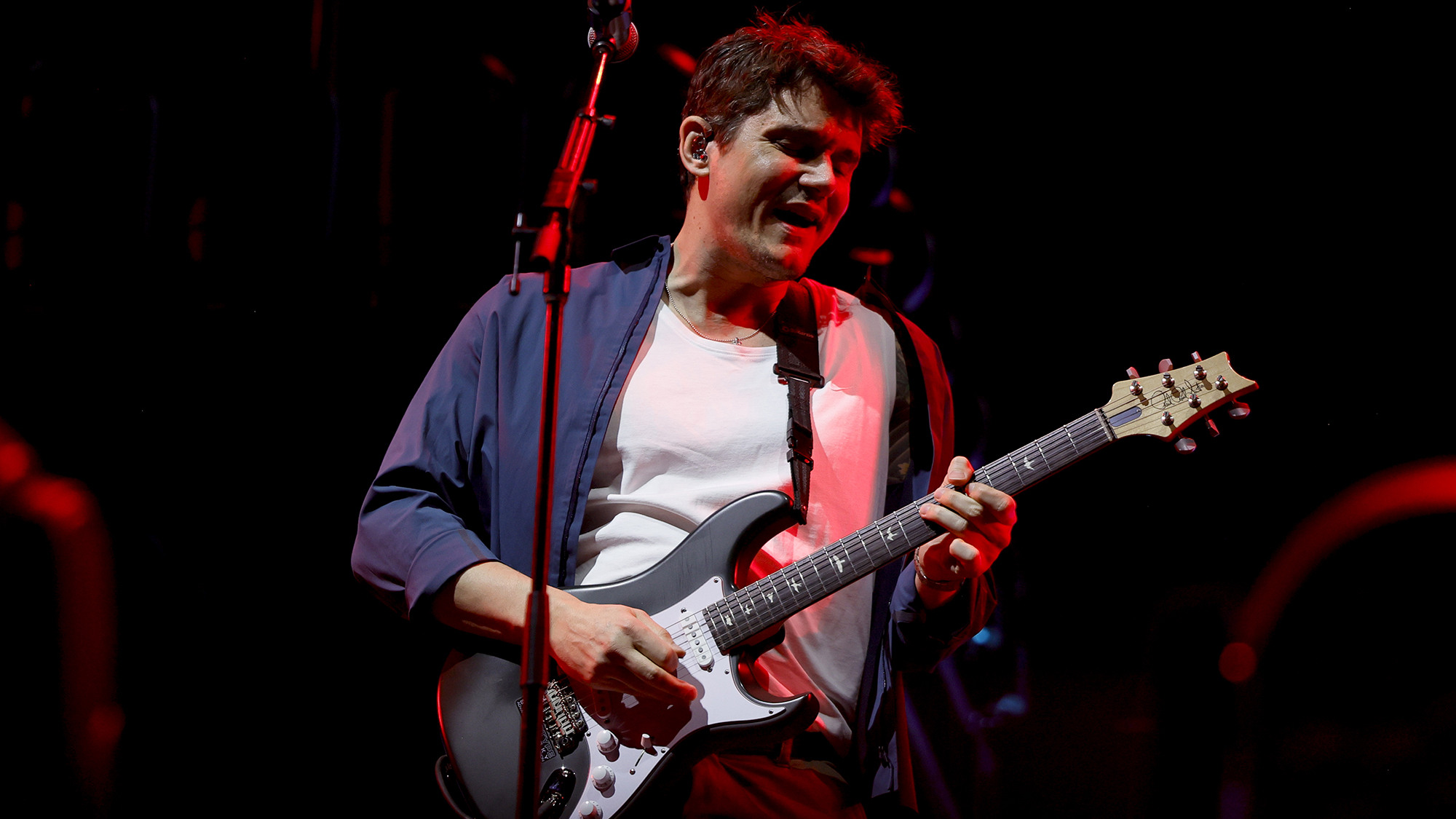Exclusive Interview: LP Talks New Album 'Forever For Now,' Ukulele and More
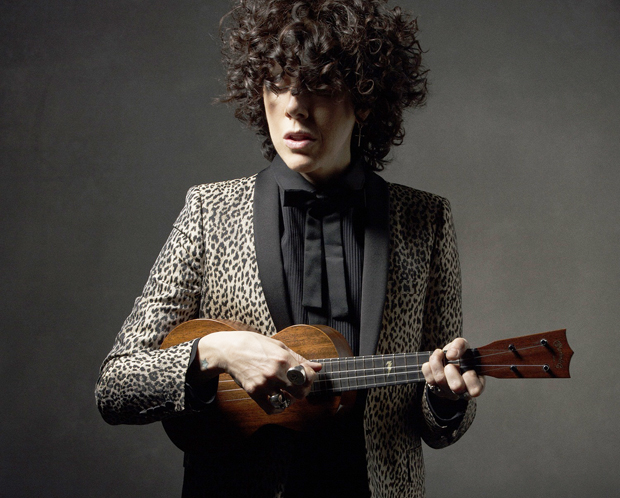
If there’s one new album you should listen to this year, LP’s Forever For Now is it. It'll be out June 3 on Warner Bros., so mark your calendar.
I’m not just saying that because several of its amazingly well-written, hooky songs are forever stuck in head.
It’s so much more. The gorgeous production with just enough quirky bits left into the polished perfection. The fabulous musicianship, including most especially the dazzlingly talented LP herself. We’re talking powerful vocals, super solid ukulele riffs, plus whistling, yodelly do-dos, big drums, hand claps and about a million other things.
Did I mention I really like this album?
LP didn’t just burst on the scene fully formed. She’s been tapped to write for major artists and projects, including penning such hits as Rihanna’s “Cheers (Drink to That)” and Christina Aguilera’s “Beautiful People.” She was also named as the first female Martin ambassador.
LP had just about given up on being her own artist. But her triumphant spirit couldn’t be held down. Her debut album Forever For Now, was produced by Grammy Award-winning producer and Warner Bros. Records chairman Rob Cavallo (Green Day, My Chemical Romance, Dave Matthews Band).
She’s also enlisted some of her favorite collaborators, including Isa Summers (Florence and the Machine), PJ Bianco, Billy Steinberg and Josh Alexander, she has struck an inspirational tone. Songs like “Heavenly Light,” “Tokyo Sunrise,” and “Into the Wild” (also heard in the CitiBank TV commercial) are bursting with energy and ready for radio without a doubt.
Get The Pick Newsletter
All the latest guitar news, interviews, lessons, reviews, deals and more, direct to your inbox!
I had the distinct pleasure of chatting with LP and we’ll be sharing some live videos soon, too!
Congratulations on your new album. I think it’s just fantastic!
Right on. Thank you! I’m glad. Thank you so much. We were just talking about how we’re kind of insecure.
The way the arrangements were put together support the songs in a really great way.
Oh, good! We didn’t want to lose perspective. If it’s too stripped down, people are like, “Aww, I just wish that the music would match your voice.” And then if it’s really produced, people are like, “Oh, you know, I just wish that it was more toned down.” And I’ve heard it all, to be honest with you.
We just kept putting shit on, because my vocals are kind of big, inherently large-sounding. And I belt a lot, so it’s only natural to want to girder them up with big, big music. But we didn’t go heavy on big guitars, really. We just did big drums.
I thought it was a nice balance of elements because there are things like whistling or claps, or other little embellishments that are kind of cool, and maybe a little unexpected.
Yeah, there are a bunch of things like that running throughout, which is funny. It’s just funny to have a ukulele and a 24-piece orchestra in the same song.
I feel like ukulele is coming into its own as a respected instrument in popular music. What is your experience with that?
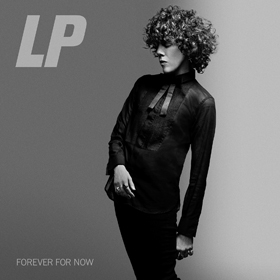
Yeah, I think you’re right. I feel like I picked ukulele up about six months before the water broke, you know what I mean? I picked it up as a songwriter. My thing was, “I’m going to write songs with it.” I take it to sessions not even in the case.
It was before I was an ambassador for Martin and I had a little tiny soprano ukulele, probably some Hawaiian brand, and I just kind of brought it in to sessions with me. It was fun to write lyrics ultimately at the end of the day with the ukulele and not be banging away with a track that we had created or using whatever was there. It was an organic instrument to take to a songwriting session. You go to a studio with a guitar, people are like, “Oh this girl’s going to write this song on a guitar.” Or wants to, or whatever. You go with a ukulele, people are just like “Eh, well, whatever.” They don’t really care. It’s a very non-threatening kind of instrument.
You were a guitarist then before that?
Yeah, but I always wanted a ukulele and then I got one. I realized, “Oh, shit, these are all different chord shapes and everything.” I remember trying to learn them and I was hurting my brain. I was like, “You know what? This thing sucks.” And then I learned “A Hard Day’s Night” by The Beatles and never put it down. I was addicted.
I honestly thought in September of 2009, when I picked it up, that I had no desire of being an artist again. I really was a songwriter and that’s where I was going with my life. But it just honestly made me fall in love so hard with music. I think that’s why I’m an artist again, because it opened this door of joy for me.
And it’s so tiny so you can carry it wherever you go.
And the sound of it with just my voice, it goes good with ukulele covers. I know a lot of people do ukulele covers, but I remember doing them and it was interesting singing my ass off and just being accompanied by a ukulele.
And it made me whistle because, again with the whole non-committal vibe. Singing is the equivalent to the guitar. But whistling is kind of an off-the-cuff thing I pretty much do all day, everyday. I’ll be in a store whistling. I’ll never sing in a store, but I’ll whistle. So the ukulele and the whistling kind of came together, and that’s what brought this new artist thing for me.
You’re that whistling-ukulele player.
Yeah, exactly. And that’s how people some see me.
That’s not a bad thing.
No, lately I’ve been getting onstage and I swear to God, people are saying less and less about my voice. They’re like, “You are the best whistler I’ve ever heard.” I’m just like, “Oh, thanks!”
Check out the official video for her incredible song "Tokyo Sunrise" here:
Let’s talk a little about your songwriting process and how you get that going, and how you did that for this album.
Well, I remember the first song that I wrote that was on this album is “Someday.” There’s another song before that for this batch that went on the EPs. It’s called “Wasted Love.” And then I wrote “Someday,” and then I wrote “Into the Wild.”
I think in “Someday” it was me and Isa Summers, who’s a friend of mine. She’s in Florence and the Machine. We just decided to get together one day. It’s ukulele and piano. Then we put big drums in it. I wanted the juxtaposition of ukulele and big drums. I wanted this constant balance of delicate and strong. And the ukulele was really bringing out this delicate beautiful love that I felt, this rekindling of my love for music, especially my love for writing for myself. So I was trying to pair that up with big and little, the whole time. That’s how I think a lot of these songs.
And then I think that really culminated with “Tokyo Sunrise.” When we got to that, I didn’t even know, that one just came. I try to go back and remember how that song came about and it’s really, really hard. Around the time “Tokyo” was getting written, I realized I really was in the zone, writing for myself. I just really let it all loose with that. I didn’t even know where to put the words for a while. I felt like, when I was doing those melodies, “Wherever are you going with this Tokyo thing? Am I really going to put fucking ‘Tokyo’ in a song? Is that happening right now?”
I don’t know, but it was coming from this beautiful, big drums, organic, acoustic instruments (for the most part) sound. It was very inspiring. I think I had just taken such a break from myself that it was like getting reacquainted with actually writing for me again, which was fun at the time.
That’s awesome. Speaking of instruments, tell me about your relationship with Martin and the instrument that you’re using now.
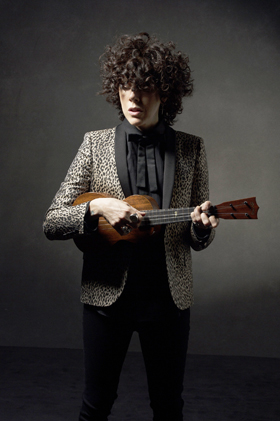
They’re great. They were very accommodating and said, “We’ll do whatever you want.” We designed my instrument together from their amazing already-existing parts. We really communicated on what I like. And I kind of made it like some guitars I love. You know? Ukuleles have very thin necks, and so we made this one with a fatter, rounder neck.
Yeah, ‘cause it’s harder to hold.
just felt like, “Ugh, it’s so cramped all the time!” When we meet someday, I’ll have to let you try it. It’s really beautiful. They put a little lightning bolt on it. Every uke has a lightning bolt on a different fret. They have friction tuners, peg tuners. I beveled the fret ebony board. And different woods. I want to start making them out of sustainable wood.
When I was playing on a recording, people would be like, “That is the best-sounding ukulele, I think I’ve ever heard.” And it’s becoming more of a true instrument, you’ll see them in every studio now when you go to write, because there’s been a bunch of hits with them.
Do they install a pickup system in it?
Yeah, they’ve got a Fishman pickup in there. It’s beautiful. It records really well. When we record it, I usually mic it and use an input. Sometimes we put them together, but I think a lot of times, we use the mic version. It just sounds really beautiful.
You know, I interviewed Jake Shimabukuro the other day and he’s got a whole pedal board that he uses with his ukulele. Have you explored that at all?
Yeah, I do. I have pedals. I need to get some more. I have a reverb pedal on there. I have a DI with all these adjustments on top. But yeah, I want to get a delay pedal and a distortion pedal, because I have a few things that I need to do.
So, you’ve been playing these songs on your album. Some of them you’ve been playing live for a while, I think. Do you have a song or two that you’re just in love with playing live from the album?
Yeah, I really like “Your Town” has been really fun to play live. And “One Last Mistake.” “Tokyo” is always great to play live, obviously. Of the new ones, definitely “Free to Love” is a really good to play live. “Night Like This” sounds really cool live, too.
That’s a great song.
Thank you. It’s all feeling really good. I think as we keep playing, it feels even better. We’re playing with a small, paired down band right now, because as an opener, it’s better. I think it’s kind of cool. It serves what I’m doing right now well. You don’t need 800 players up there to show these off just yet, I don’t think.
So you’ll be touring though this summer, yes?
Yeah, I’m doing a bunch of different stuff. It’ll give me time to get better!
Find out more at www.iamlp.com. You won't be sorry!
Laura B. Whitmore is a music industry marketing veteran, music journalist and editor, writing for Parade.com, Guitar World, and others. She has interviewed hundreds of musicians and hosts the She Rocks Podcast. As the founder of the Women’s International Music Network, she advocates for women in the music industry and produces the annual She Rocks Awards. She is the Senior Vice President of Marketing for Positive Grid, making the world safe for guitar exploration everywhere! A guitarist and singer/songwriter, Laura is currently co-writing an album of pop songs that empower and energize girls.
“I use a spark plug to play slide. It's a trick Lowell George showed me. It gets incredible sustain – metal on metal”: In the face of sexist skepticism, Fanny's June Millington carved a unique six-string path, and inspired countless players in the process
“There’d been three-minute solos, which were just ridiculous – and knackering to play live!” Stoner-doom merchants Sergeant Thunderhoof may have toned down the self-indulgence, but their 10-minute epics still get medieval on your eardrums
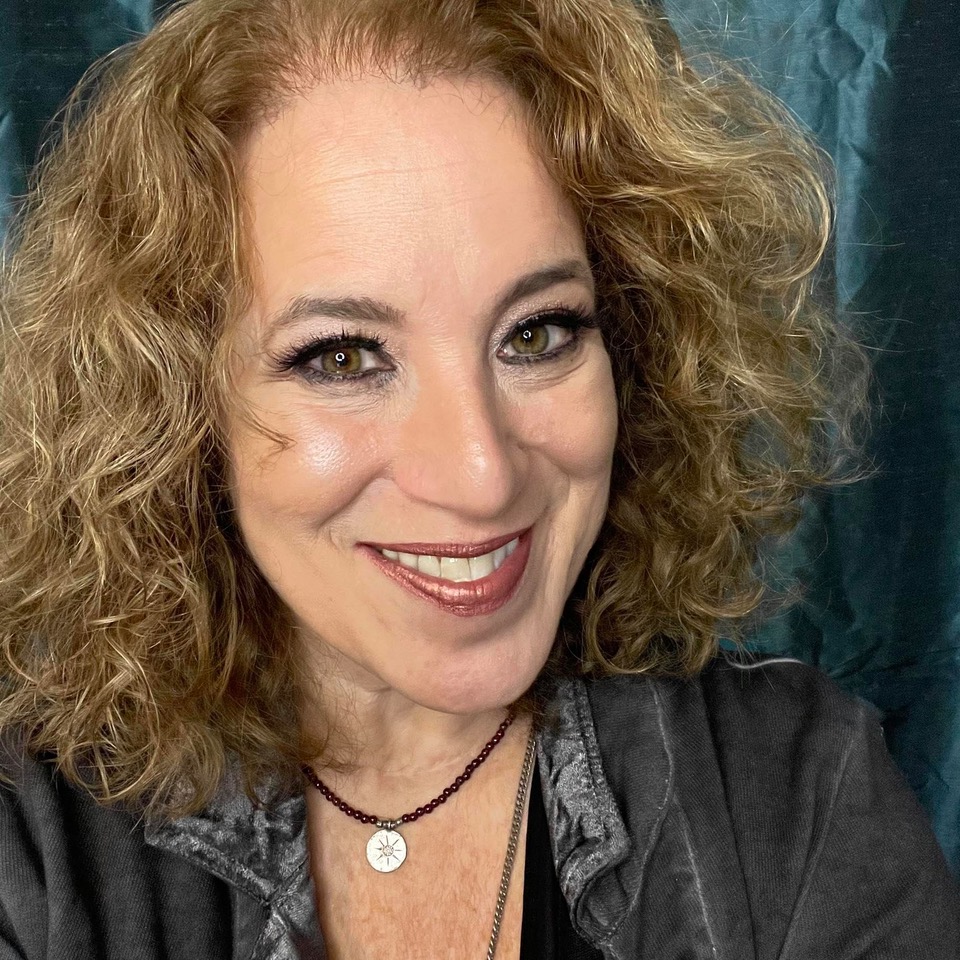

![A black-and-white action shot of Sergeant Thunderhoof perform live: [from left] Mark Sayer, Dan Flitcroft, Jim Camp and Josh Gallop](https://cdn.mos.cms.futurecdn.net/am3UhJbsxAE239XRRZ8zC8.jpg)








